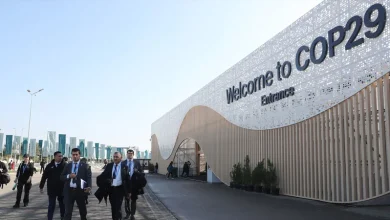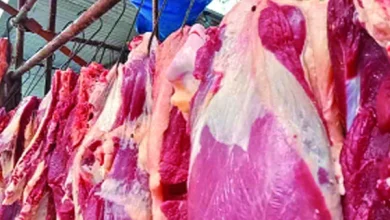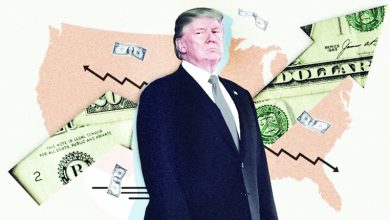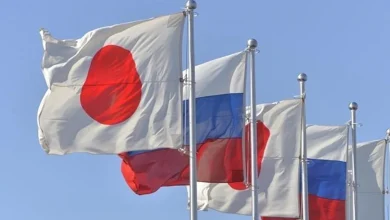Bangladesh expects US tariff relief after Trump’s cuts to Vietnam
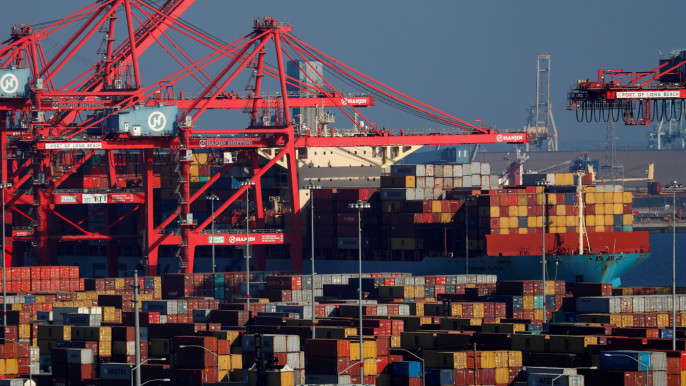
Truitful negotiations had taken place regarding reciprocal tariffs. Although no final decision has been reached yet, Commerce Secretary Mahbubur Rahman says
Highlights
- Tariff on Vietnamese goods cut from 46% to 20%
- Being an LDC, Bangladesh expects special benefits
- Tariff unlikely to be applied after 9 July as talks on
- US imposed 37% reciprocal tariff on Bangladesh on 2 April
Bangladesh is optimistic about securing tariff concessions for its exports, following US President Donald Trump’s announcement to reduce the additional tariff on Vietnamese goods from 46% to 20%.
After a meeting with US officials yesterday (3 July), Commerce Secretary Mahbubur Rahman, who joined the talks online from Bangladesh, told TBS over the phone that fruitful negotiations had taken place regarding reciprocal tariffs. Although no final decision has been reached yet, he expressed confidence that Bangladesh would receive tariff concessions.”We expect Bangladesh will be subject to a lower tariff than Vietnam,” he said. “The United States is considering separate treatment for Least Developed Countries (LDCs). Vietnam is not an LDC, so Bangladesh is likely to receive special benefits.”
Commerce Adviser Sk Bashir Uddin, who departed Dhaka for Washington Wednesday evening, led the Bangladesh side in the high-stakes meeting. National Security Adviser Khalilur Rahman has been in Washington in advance to negotiate the reciprocal tariff agreement.
The commerce secretary further explained that the US would soon send a tariff schedule, an official list that specifies tariff rates applied to different imported or exported goods, to Bangladesh.
Based on that schedule, another meeting will be held between Bangladesh officials and the US Trade Representative (USTR) officials on either 8, 9, or 10 July, he said. “The exact date is yet to be confirmed and will be decided by the US side.”
On 2 April, US President Donald Trump imposed high reciprocal tariffs on Bangladesh and other countries. Later, he announced a suspension of these tariffs for three months, which will expire on 9 July.
When asked whether the tariff would be applied on Bangladeshi goods after that date, the secretary said, “We have raised this question with the US representatives. They responded, ‘We hope not, because you (Bangladesh) are engaged in ongoing discussions with us.'”
Once the US sends the tariff schedule, the commerce ministry will consult with the National Board of Revenue (NBR) and the Bangladesh Trade and Tariff Commission before participating in the next round of talks. During the upcoming meeting, the commerce secretary is expected to attend in person in the US.
Besides the commerce secretary, Additional Secretary Nazneen Kauser Chowdhury and Joint Secretary Mostafizur Rahman from the commerce ministry also joined the meeting online.
Earlier, during a meeting on 26 June, the USTR declined Bangladesh’s proposals to cap tariff rates on its exports to the US at 10%.


